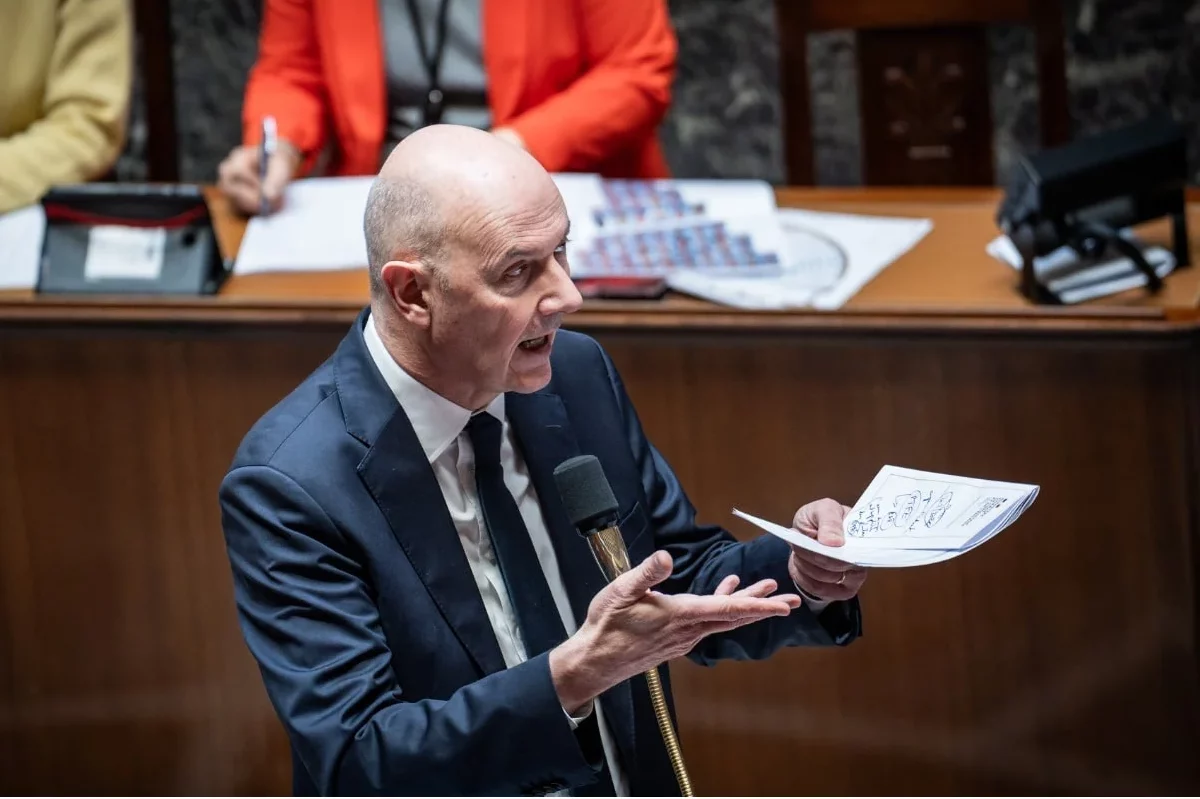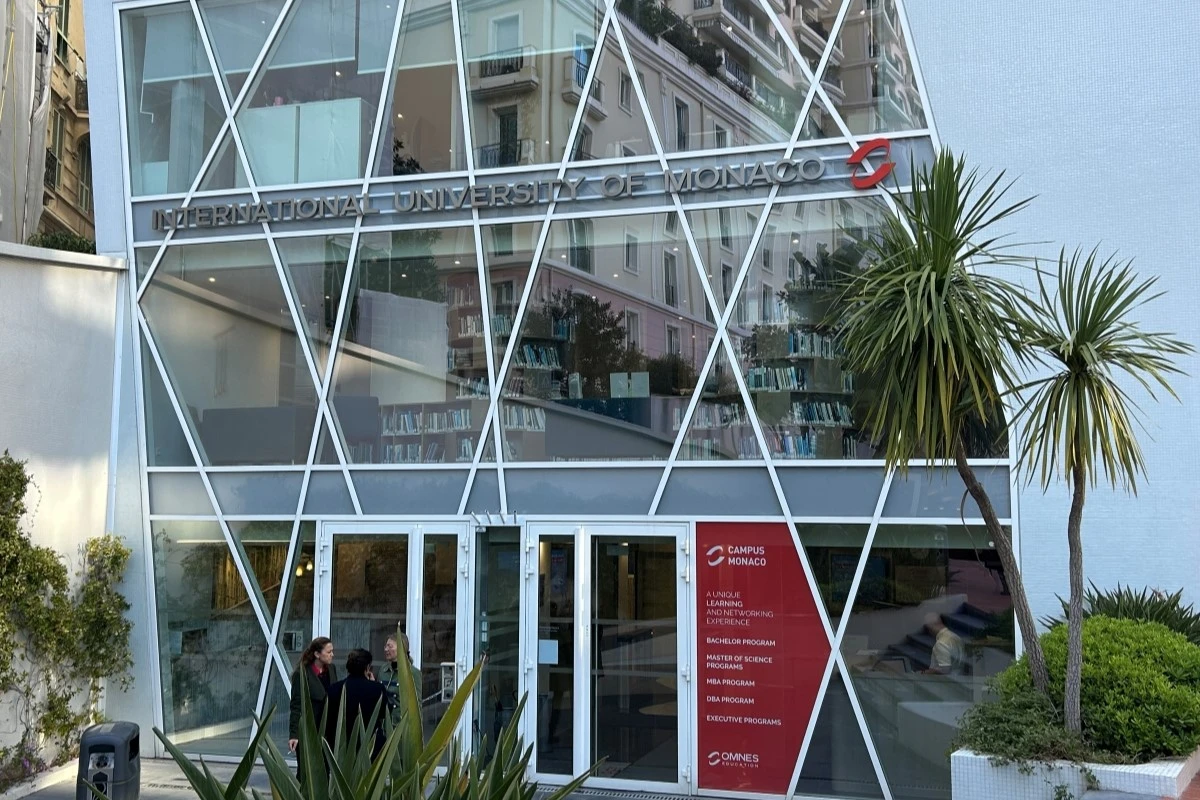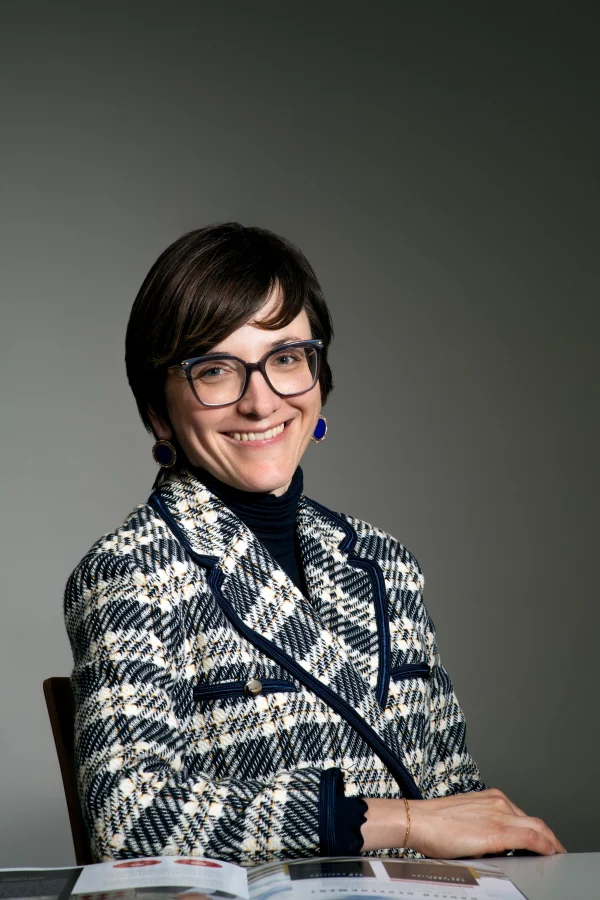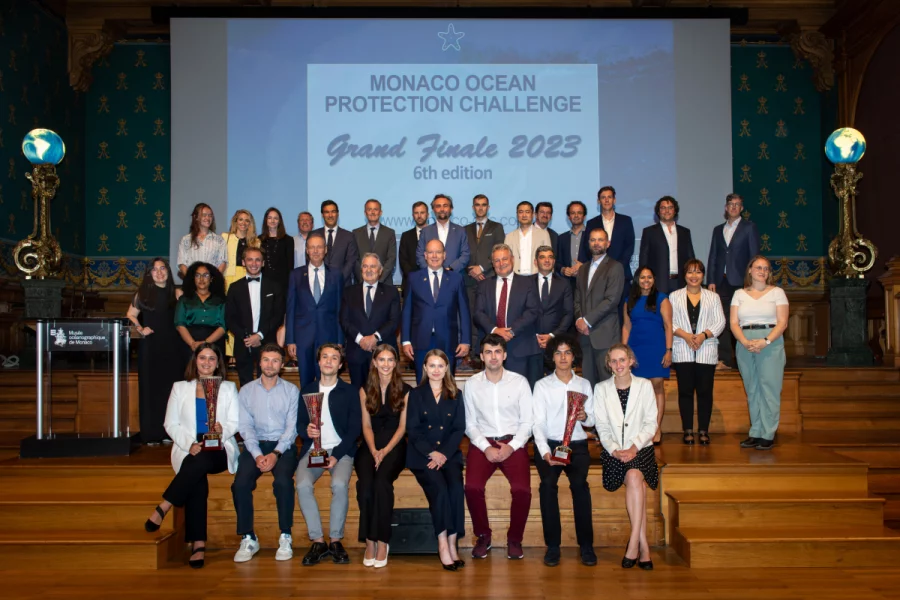Christine Pasquier-Ciulla is one of the founding partners of the CMS Monaco law firm and co-head of the Private Clients team. Despite being widely recognised as one of the most experienced defence lawyers in Monaco, Christine Pasquier-Ciulla says that fighting it out in court is not something divorcing couples should aim for.
Matrimonial and estate planning can, she says, help avoid costly trials and deep emotional turmoil. Here is everything foreign couples living in Monaco should know.
Monaco Life: What is matrimonial planning and why is it important?
Christine Pasquier-Ciulla: Marriage is based on love, but we all know that over the years feelings can change, and it is very important to anticipate what will happen if there is a divorce, or even death in the relationship. Matrimonial planning serves two primary purposes. Firstly, it helps anticipate and mitigate conflicts that may arise in the event of divorce or death. By entering into a prenuptial or postnuptial agreement, couples can establish clear terms regarding asset division, spousal support and inheritance, reducing the likelihood of contentious legal battles later on.
Secondly, matrimonial planning allows couples to choose the legal regime that best aligns with their preferences and circumstances. This is particularly significant in jurisdictions like Monaco, where couples can select foreign law for their matrimonial agreements, ensuring that their rights and obligations are defined according to familiar legal principles.
Essentially, matrimonial planning helps to avoid nasty surprises later on. For example, when you are married in Monaco without a prenup, you automatically fall under the legal regime of separation of assets. But if you move to another country like Switzerland, you could find yourself under the legal regime of community of assets, which may not be what you want. This is why prenups are essential.
What is the difference between these two legal regimes?
Separation of assets means that each spouse retains individual ownership of their assets, and there is no joint ownership or sharing of wealth acquired during the marriage. In contrast, community of assets involves joint ownership of all assets acquired or earned during the marriage, with each spouse entitled to an equal share in the event of divorce or death. It’s important for couples to understand these legal regimes and consider entering into prenuptial agreements to clarify their financial arrangements and protect their interests.
In certain countries, the term “prenup” remains stigmatised, and individuals may struggle to detach emotions from practical considerations. What is your advice in these situations?
Navigating the intersection of emotions and practicality can be challenging, especially across different legal and cultural contexts. Common law countries, such as the UK, USA and Australia, often view prenuptial agreements as practical and sensible measures to protect individual assets and clarify financial expectations.
However, in Roman law countries, like those in continental Europe, prenups may be perceived as undermining trust or commitment within the marriage. Despite these cultural differences, the importance of pragmatic planning for potential future scenarios remains crucial, regardless of emotional considerations.
“By destigmatising prenuptial agreements and emphasising their practical benefits, couples can approach marriage with greater clarity and confidence, irrespective of legal traditions.”
So it’s time to start breaking this taboo around prenuptial agreements?
Absolutely. Breaking the taboo surrounding prenuptial agreements, particularly in Roman law countries, is essential to promote transparency, fairness and legal certainty within marriages. In common law jurisdictions, prenups are widely accepted as valuable tools for couples to establish clear expectations regarding asset division and financial responsibilities. You can even decide distribution based on one year of marriage, five years of marriage, 20 years of marriage, etc.
However, in Roman law countries, the marriage contract only covers the matrimonial status – whether you are married under separation of assets or community of assets. After that, a court will decide how much the weaker spouse gets. In Roman law countries, misconceptions and stigma surrounding prenups persist, often leading to misunderstandings and reluctance to engage in constructive planning. By destigmatising prenuptial agreements and emphasising their practical benefits, couples can approach marriage with greater clarity and confidence, irrespective of legal traditions.
What is the significance of International Private Law in Monaco?
International Private Law plays a crucial role in Monaco, particularly concerning matrimonial agreements and cross-border marriages. Monaco’s legal framework allows couples to choose the applicable law for their prenuptial or postnuptial agreements, offering flexibility and ensuring that their rights and obligations are governed by familiar legal principles. This is especially advantageous for individuals with diverse cultural backgrounds or significant assets in multiple jurisdictions. By leveraging International Private Law, couples can tailor their matrimonial agreements to their specific needs and preferences, giving themselves legal certainty and minimising potential conflicts in the event of divorce or death.
Why is it important to consider both prenups and estate succession simultaneously?
It is essential for comprehensive matrimonial planning, particularly in complex financial situations or multi-marriage families. Prenups enable couples to establish clear terms regarding asset division and financial responsibilities during marriage and in the event of divorce. Simultaneously, estate succession planning ensures that individuals’ assets are distributed according to their wishes upon death, minimising disputes among beneficiaries. By addressing both aspects simultaneously, couples can effectively safeguard their interests and provide for their loved ones, regardless of the circumstances.
What about privacy? How much information do clients need to share with their lawyers?
Clients must provide comprehensive details for effective advice on prenuptial agreements and estate planning. Transparency is essential to ensure that legal arrangements accurately reflect individuals’ circumstances and preferences. Lawyers are always sworn to secrecy.
In common law jurisdictions, such as the UK, independent legal representation is a requirement for the validity of prenuptial agreements.
Can a lawyer serve both parties in preparing a prenup?
In most cases, it is preferable for each party to have independent legal representation when preparing a prenuptial agreement. This helps ensure fairness and prevents conflicts of interest. In common law jurisdictions, such as the UK, independent legal representation is a requirement for the validity of prenuptial agreements. By engaging separate legal counsel, each party can receive personalised advice and negotiate terms that reflect their respective interests and concerns.
Can prenups be challenged or modified?
While challenging a properly executed prenuptial agreement can be difficult, courts may consider factors such as fairness and compliance with legal requirements. In jurisdictions like Monaco, where couples can choose the applicable law for their prenups, modifications may be possible under certain circumstances. However, limitations may apply based on nationality and the specific provisions of the prenuptial agreement.
In jurisdictions like Monaco, how is fairness determined in asset distribution?
In Monaco, fairness in asset distribution is based on factors such as contributions, needs and the specific circumstances of each case. While perceptions may vary, I believe Monaco’s legal framework provides for equitable asset division, ensuring that both spouses are adequately protected. Additionally, couples can choose the applicable law for their divorce proceedings, allowing them to align legal arrangements with their preferences and circumstances.
What are some key points our readers should keep in mind?
Firstly, steer clear of unwelcome surprises. For instance, being unaware that your marriage falls under a different legal regime than expected can lead to unepredicted division of assets amassed during the marriage, even if only one spouse was earning. Such situations can prove exceptionally challenging.
Secondly, avoid family conflicts. These not only take an emotional toll but can also incur substantial financial costs. Legal proceedings, especially without a prenuptial agreement, often involve extensive scrutiny of bank accounts and assets, prolonging the process. I always advise clients that protracted legal battles primarily benefit lawyers, while harming children, if any, and foster bitterness between spouses.
Essentially, it’s important to maintain control over your life affairs. Otherwise, you risk leaving critical decisions to the discretion of judges.
For anyone settling in Monaco, I strongly advocate for three essentials: a prenuptial agreement, a will and an enduring power of attorney. These safeguards are particularly vital for foreigners residing in Monaco, offering comprehensive protection against various risks.
SEE ALSO:
Real estate: essential insights for navigating the property market in Monaco
Join the Monaco Life community – sign up for the Monaco Life newsletter, and follow us on Threads, Facebook, Instagram, LinkedIn and Tik Tok.







